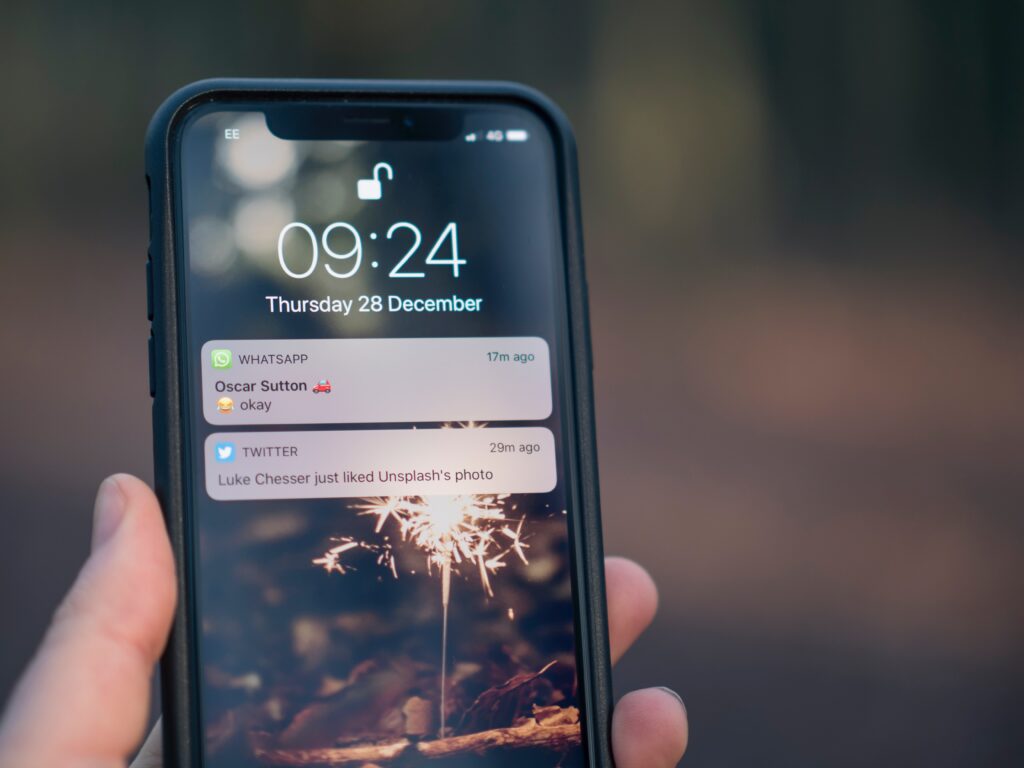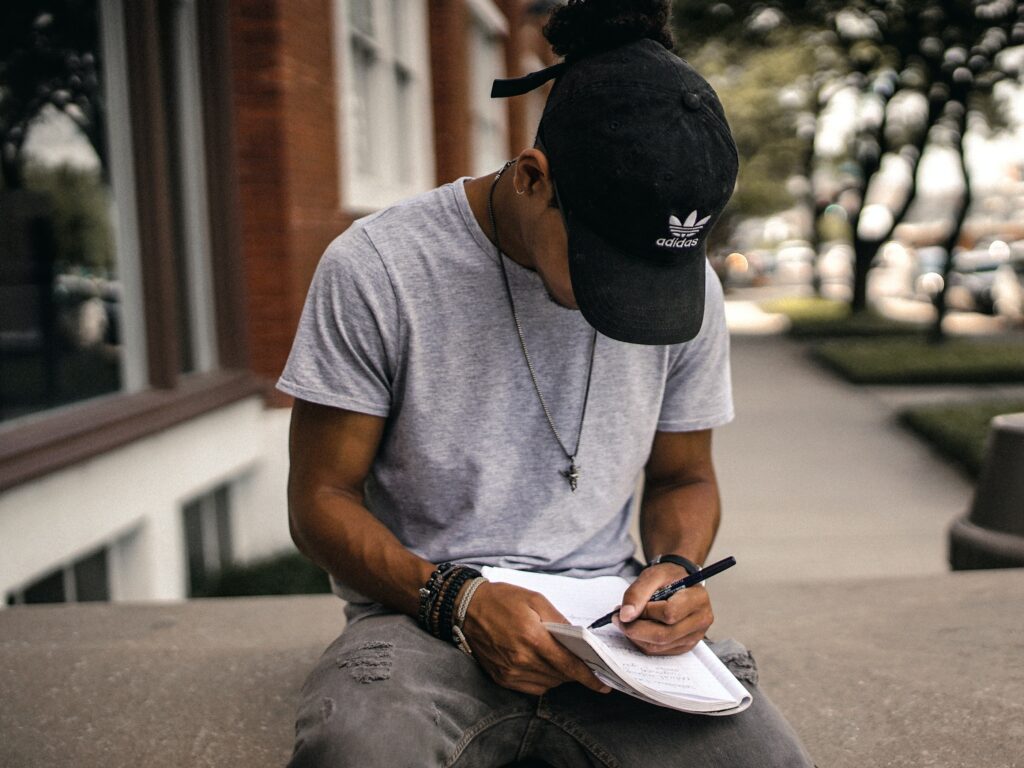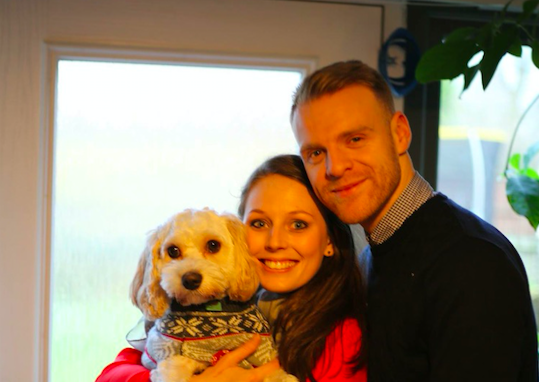Warning: the following article contains mention of depression and anxiety
Oftentimes we are sold a story that depression and anxiety are “to be overcome”. The reality, on the contrary, is more likely to be an experience of learning how to manage our reactions to life events and allowing ourselves the space to feel our emotions.
This week’s story shared from Jordan is a wonderful example of how we can make it through dark experiences with mental ill health and learn how to develop skills in communicating and self-supporting to better manage our emotional wellbeing.
JORDAN’S STORY
I was diagnosed with severe depression and anxiety in 2015. There was no particular reason and the doctor believed it was ‘brain chemicals’. It came as a massive shock as I hadn’t even considered depression; it wasn’t even on my radar.
It left me totally paralysed; I couldn’t do anything, couldn’t be around people. I didn’t want to go out or speak to anyone… I felt totally alone. In terms of behaviour, I would isolate myself. I would be quiet, wouldn’t engage in conversations or laugh and joke. I’d be distant and space out whether it would be through worry or just not wanting to be present.

The red flag was the isolation. I was an out going person, always laughing and joking, but then I’d become quiet, withdrawn, would avoid messages and replying to people.
For the few years that followed I had good and bad days, attended therapy and counselling and had some great tools that I could use when I felt down.
In therapy, I found writing my feelings down was helpful. I wouldn’t do it consistently, but every few days I’d write how I was feeling. I also found it helpful to make time in the day to express my fears and worries. So if I woke up in the morning and felt down or anxious, I’d write how I was feeling down then go back to it at a set time in the day and see if those feelings were still relevant.
In 2018 I lost my Grandpa. He was by best friend and it didn’t register with me that he was gone. I blocked it out, didn’t accept it, and carried on as normal. After about 9 months I broke down, everything got on top and I couldn’t hide it any more. I went back to the counsellors and that helped. I was encouraged to make the time to feel, and to set time aside to think about him, remember the positives and enjoy those feelings. That was very helpful.

In 2020 I made a big decision and changed careers. I wanted to work in mental health, to help and make a difference. To give people the time and respect that I felt I hadn’t received when I had first reached out.
When COVID hit it turned everything upside down. I was new to my role, didn’t know what to do or where to turn. I began to sink into a deep hole and with every passing day my mind dug it deeper and deeper. Eventually I couldn’t take it anymore and attempted to take my own life. Luckily, I survived and since then I’ve had a total mind-set change.
In terms of good mental health now, sometimes I do feel down, and I accept that I will feel that way from time to time. In general, exercise is my biggest tool; running, riding my bike and playing football are what really help. I always feel better and clearer after a workout.
Being honest and talking things through with my wife helps. I do slip into the ‘I’m fine’ response sometimes, but to remember that talking is beneficial and it allows me to get out of my head. Almost like throwing the feelings away for a bit.
For anyone struggling currently, I’d firstly suggest telling someone. Whether that’s a friend, a colleague or a doctor it doesn’t matter, but they have to tell someone. Once they’ve done that, which is the hardest part, they’ll feel better even if it just 1%. Then they need to get the right help – the help that’s best suited to them.

I believe mental and physical health go hand in hand. If I’m poorly or others are poorly I see a dip in mental health. It’s connected. But I also think they have to be put on the same platform so that patients get the same level of care. In hospitals there is still a difference in how they treat physical and mental health patients in A&E and that’s something that needs to change, but can only change by accepting that both are equally important. Especially in these times, where isolation and being stuck in the house is having a negative affect.
THANK YOU JORDAN
We hope that Jordan’s journey has left you with some nuggets of wisdom that you could possibly adopt to look after your own wellbeing. If you are interested in sharing your story with the community, please do drop us a line – francesca@everymindatwork.com.
If reading this story has brought up issues that you have struggled with, please seek help immediately. Good help is available and you can access support using the below services.








